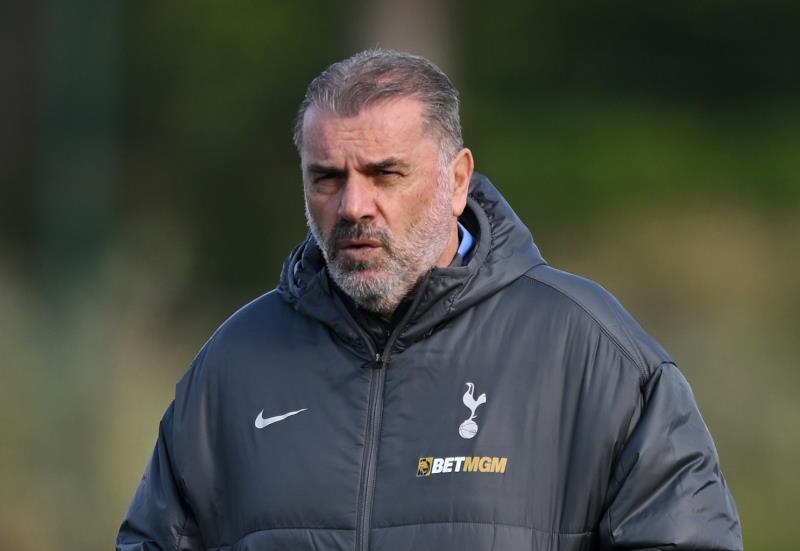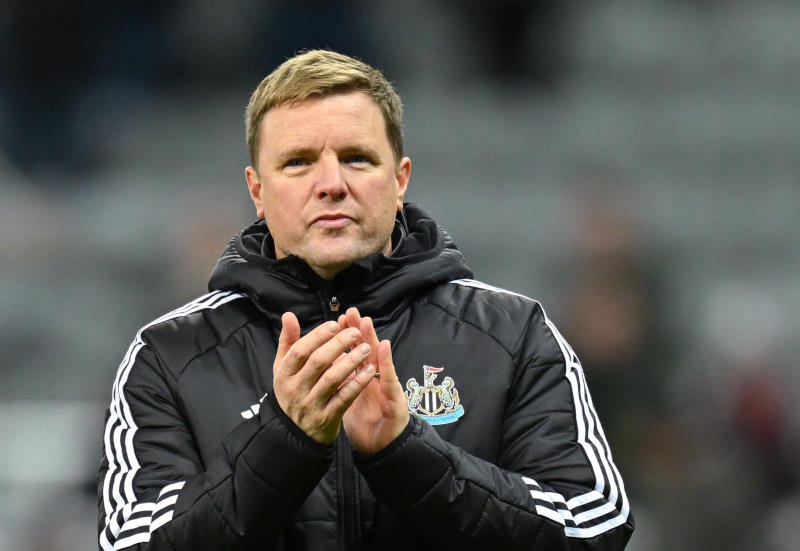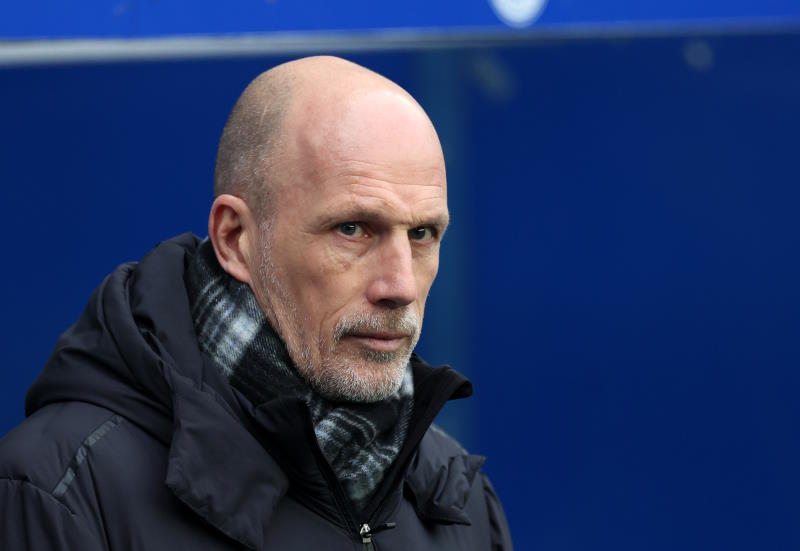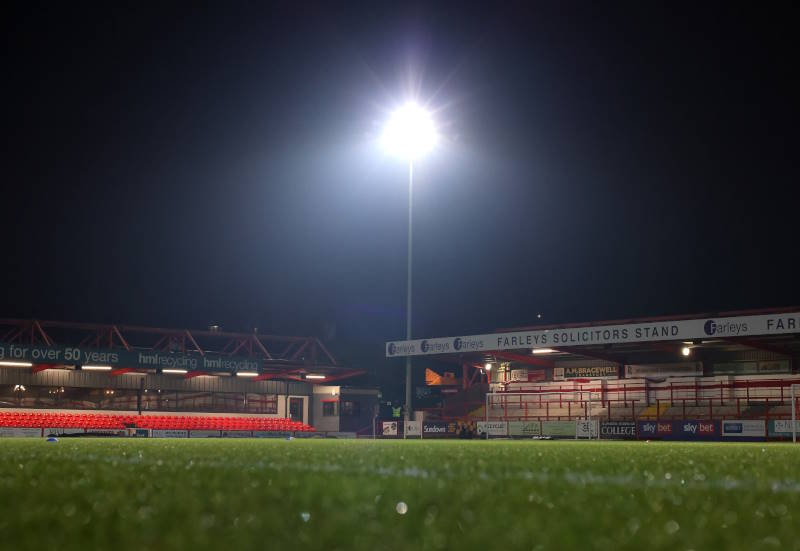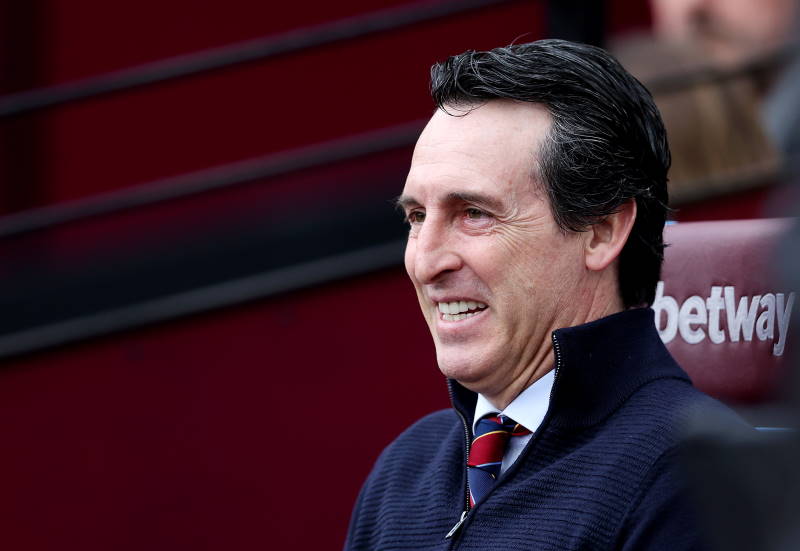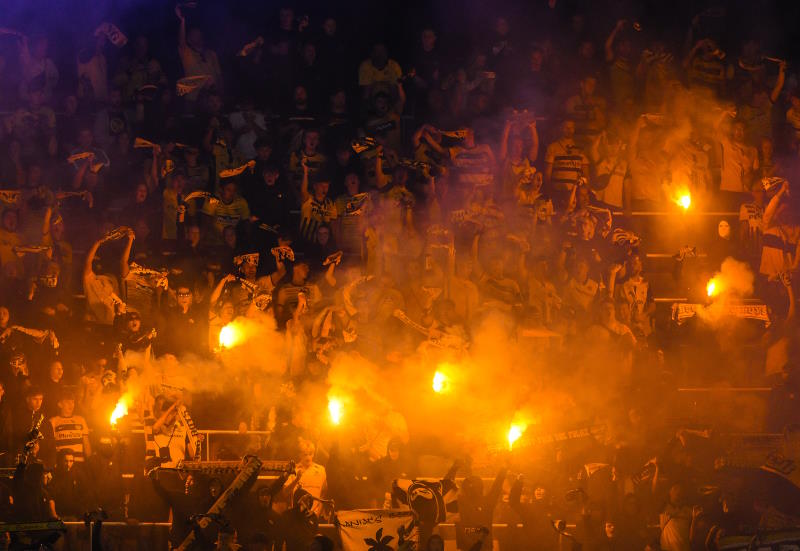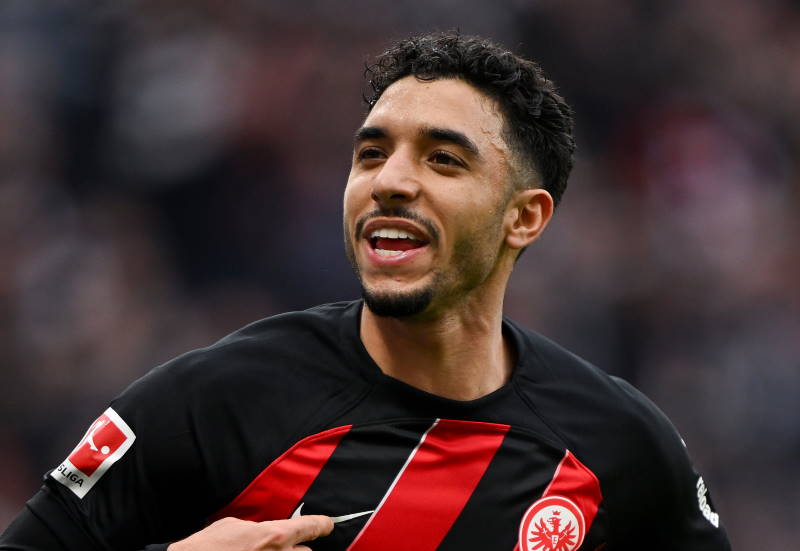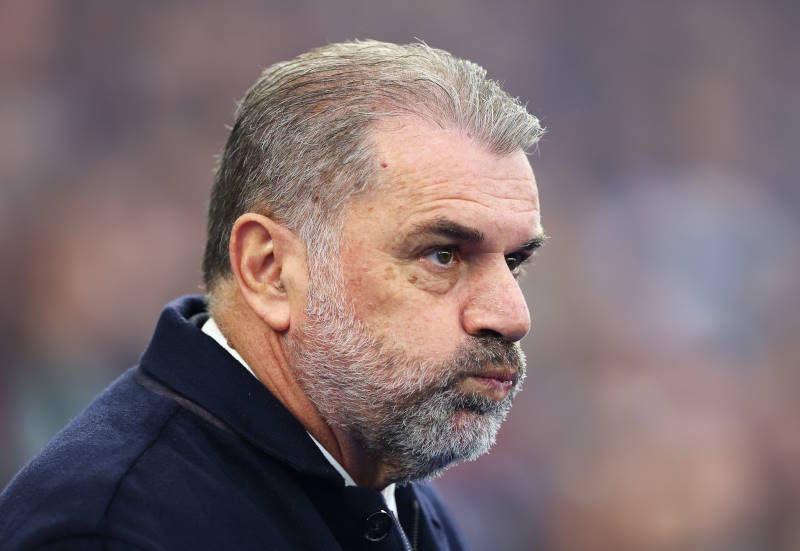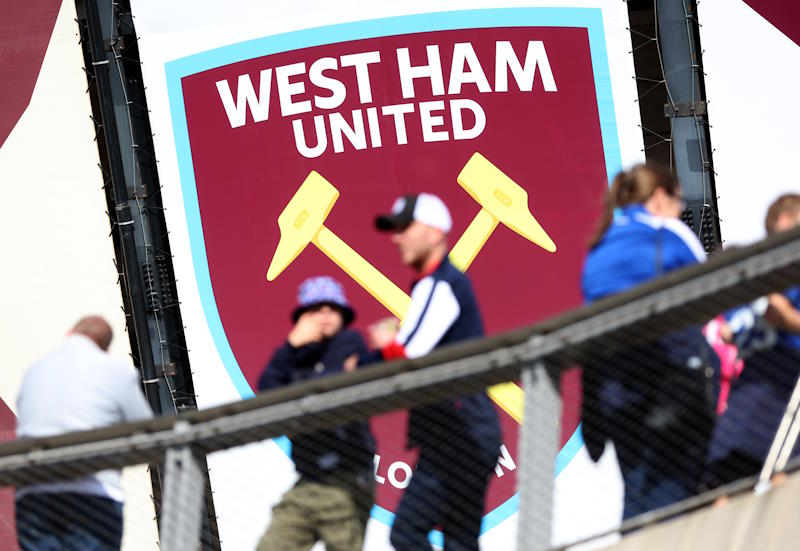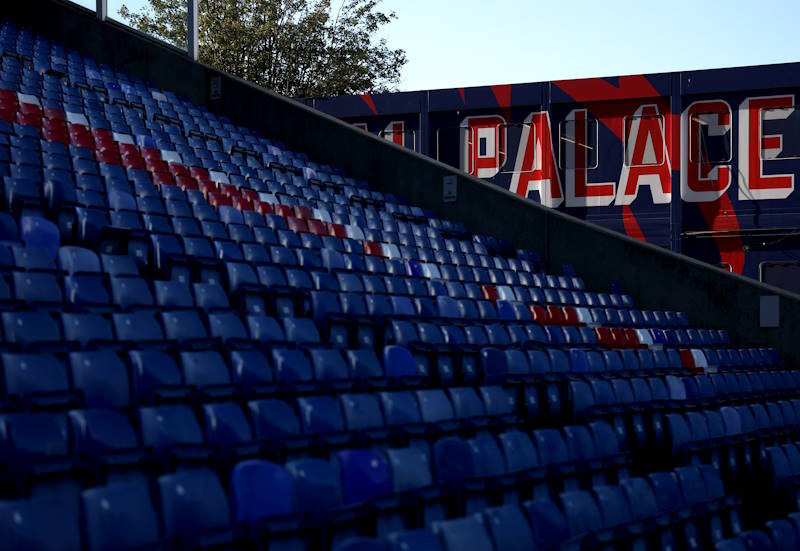
Racing Club de Strasbourg are one of France’s most famous sides and enjoy the honour of being one of only six clubs to have won Ligue 1, the Coupe de France and the Coupe de la Ligue in their history. In 2008, Le Racing played their 2,000th game in the French league, again one of only six teams to have achieved such a feat.
Impressive certainly, but Strasbourg have never been a Marseille or Bordeaux, a Paris Saint-Germain or Lyon; they cannot count themselves as one of the traditional big clubs in French football. But they are a significant name in the game. The club have occasionally flirted with Ligue 2, but had never played in the Championnat National, France’s third tier, in their history until relegation at the end of last season. Now, Le Racing sit mid-table, halfway through the campaign, well behind the top three who gain promotion to Ligue 2. And with just six wins from 20 games at the time of writing, their stay does not look like it will be a short one.
The problems Strasbourg face stretch back primarily to the summer of 2006, when the club was forced to sell many of their best players to ease financial problems. Despite this, legendary striker turned coach Jean-Pierre Papin guided a team of youngsters into Ligue 1 and his group made an impressive start to the following season back in the top flight. Papin though had left by this point and the club had set a French record of 11 consecutive defeats in Ligue 1 at the end of the season to find themselves back in Ligue 2.
In many ways, Strasbourg’s demise has been self-inflicted, the result of a lack of continuity at every level, from the boardroom to the pitch. But in another sense, they are the victims of circumstance, of fortune playing tricks, of single games turning the club’s fate into a completely new direction. Their Ligue 2 meeting against Montpellier on the last weekend of the 2008/09 season was one of those games. Having topped the standings for much of the Ligue 2 campaign under Jean-Marc Furlan, Strasbourg went into the match on the verge of promotion and a feel-good factor floated around the Stade de la Meinau. A 2-1 defeat promptly popped the bubble though, and saw the club miss out by a point on a return to Ligue 1, having to ready themselves for another campaign in the second tier.
It was at this point that Strasbourg embarked upon a crisis which was entirely of their own making. President Philippe Ginestet sacked Furlan, who it was claimed had agreed earlier in the season to leave if he was not able to win promotion. Ginestet then followed Furlan out of the club, to be replaced by Leonard Specht. In July 2009, Gilbert Gress, who had managed Le Racing to their only league title in 1979, and also coached the team during the 1990s, returned, bringing with him hopes of better days.
Yet Gress’ third spell was a disaster and barely lasted two months. An embarrassing 6-1 capitulation at home to newly promoted Istres in the Coupe de la Ligue, as well a home defeat to Chateauroux and away to Laval in the first two games of the Ligue 2 campaign set the tone for an unhappy and premature departure. After Gress left he was succeeded by Pascal Jenin, who struggled to turn around the club’s fortunes, and they only won their first game of the season in October. The rot had, it appeared, set in.
It was at boardroom level though from which the problems truly flowed, with six presidents over the course of the campaign. After Specht left in August when Gress departed, Ginestet returned, only to leave in December. Four more presidents have come and gone between Ginestet and the current president, Jafar Hilali.
A winter revival in 2009 gave the team hope of remaining in the second tier, but a poor finish to the season saw them pick up just six points from their last nine games, with their campaign ending in tragic symmetry as they again lost 2-1 to Chateauroux, to find themselves in the third flight for the first time in their proud history. L’Equipe proclaimed that the club were ‘in a coma’ somewhere between life and death.
But though Strasbourg have been through a torrid few years, they are lucky even to be playing at this level. The Direction Nationale du Controle de Gestion (DNCG) request financial forecasts each year from French teams. With Strasbourg’s finances looking precarious, the organisation wanted to demote Le Racing from the Championnat National before the start of this season. Along with Bastia and Gueugnon, they were kicked out of the league, only for the trio to be allowed back in on appeal after the league were satisfied they had an adequate financial plan to survive.
This sorry episode in the club’s history emphasises the cruel hand that fate can deal to a team. While some can find relegation a spur, a wake up call and opportunity to rebuild, there are those who the gloom consumes and the passage back to former glories promises to be a long one. At Strasbourg, the drop was the cruel knife in the back of a revival plan. Part of Le Racing’s blueprint for the future was to renovate their stadium in preparation for hosting games during Euro 2016, which France will host. Soon after their relegation, Strasbourg pulled out of the running to host matches during the tournament due to the financial burden both they and the city of Strasbourg would have to take on. For the eastern French city, Euro 2016 will be a somewhat more distant experience than otherwise would have been the case.
And so, in the stands at the Stade de la Meinau, fans ponder upon how different their club’s fortunes would be had they not lost that game at Montpellier in May 2009. The boardroom meltdown would not have happened; Furlan would have stayed; Ligue 1 status would be won; a new stadium, improved finances and a promising young team leading the way to a bright future.
Instead, a grand institution in French football has simply fallen apart, their best players being sold amid financial troubles, the stadium abandoned and the club sinking to the lowest point in their history. It is natural to look for reasons for such episodes. There are many to explain Strasbourg’s sudden decline, but perhaps the biggest is the role that sheer misfortune and timing can play in the hopes and dreams of a football club.

